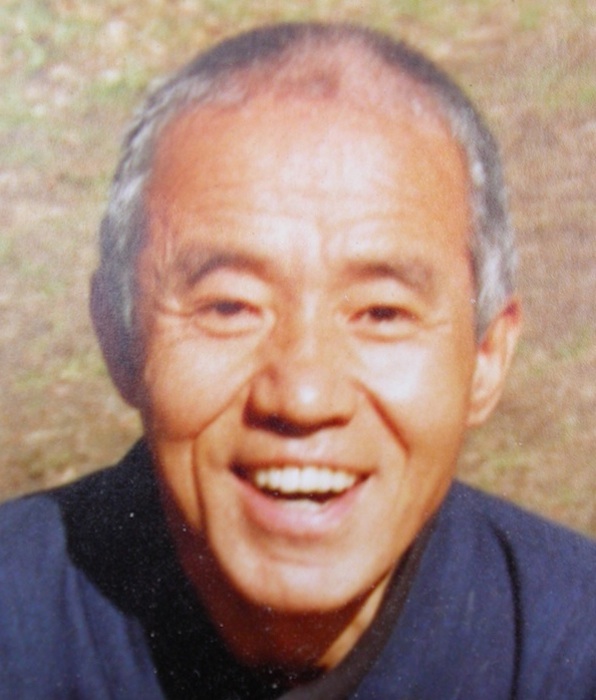 Jikoji Retreat Center, 12100 Skyline Blvd, Los Gatos, CA 95033, phone: (408) 741-9562
Jikoji Retreat Center, 12100 Skyline Blvd, Los Gatos, CA 95033, phone: (408) 741-9562

When a student asked him "how long will it take to develop Jikoji?", Kobun casually replied "oh, about 500 years"! Kobun trained in Japan's milenia-old zen monasteries that also serve as retreat and guest centers. His family's traditional zen temple in Kamo Japan also functions as a school and community center, in part to spread the Dharma, and in part to help pay for maintenence and operations.
Kobun knew Jikoji would become a center where true nature manifests through zen meditation practice, for the benefit of all beings. Returning to one's true nature ends egocentric suffering, and allows one to effectively teach and lead zen practice.
Kobun anticipated Jikoji's ongoing development of an American zen tradition that preserves the teachings and practices of Soto Zen in Japan, but also allows freedom to accommodate for the needs of modern Americans.
Open Door: Jikoji is unique among zen centers in this area: Simply having a place where anyone can come to sit or visit, at almost any time, destinguishes Jikoji. Jikoji is usually open and staffed, and the zendo is almost always available for anyone to come to meditate and practice zen at any time.
Rentals of Jikoji's facilities when they are not otherwise being used are a sidelight to Jikoji's practice, a sidelight that helps other meditation groups and also helps support Jikoji.
Jikoji, Compassion Light Temple, is a teaching, meditation and retreat center available for retreats, seminars, and classes to the community of Zen practitioners, as well as individuals and groups of diverse backgrounds.
Jikoji offers an ongoing daily meditation practice as taught by our primary teacher Kobun Chino Otogawa Roshi. Additionally, senior students of Kobun are available to provide instruction in the practice of Zen meditation.
The Jikoji community functions from the basic assumptions that membership is universal, there is no idea of hierarchy within the organization, that directors and officers govern in order to serve the affairs of the organization, and that consensus, mutual respect and compassion are the guiding principles of decision making.
Additionally, we hold a fundamental commitment to care for the land and the habitat, seeking to create the least possible impact on the environment. We remember and respect the original native inhabitants and their relationship to the land.
We are dedicated to maintaining Jikoji as an informal way station, a refuge and oasis of serenity that is conducive to learning and renewal.
We value the formality of our meditation practice and the informality of our relationships. We value and support Kobun Chino Otogawa Roshi, the Teacher who established the practice at Jikoji. We welcome other teachers, no teachers, and the Sangha as Teachers.
In addition to the availability of retreat accommodations, Jikoji offers regularly scheduled meditation practice and discussions which are open to the public. There are four Sesshins between October and April. There is also an on-going Sunday morning program that features two periods of meditation, service, and a discussion led by one of the Sangha's senior students or visiting teachers.